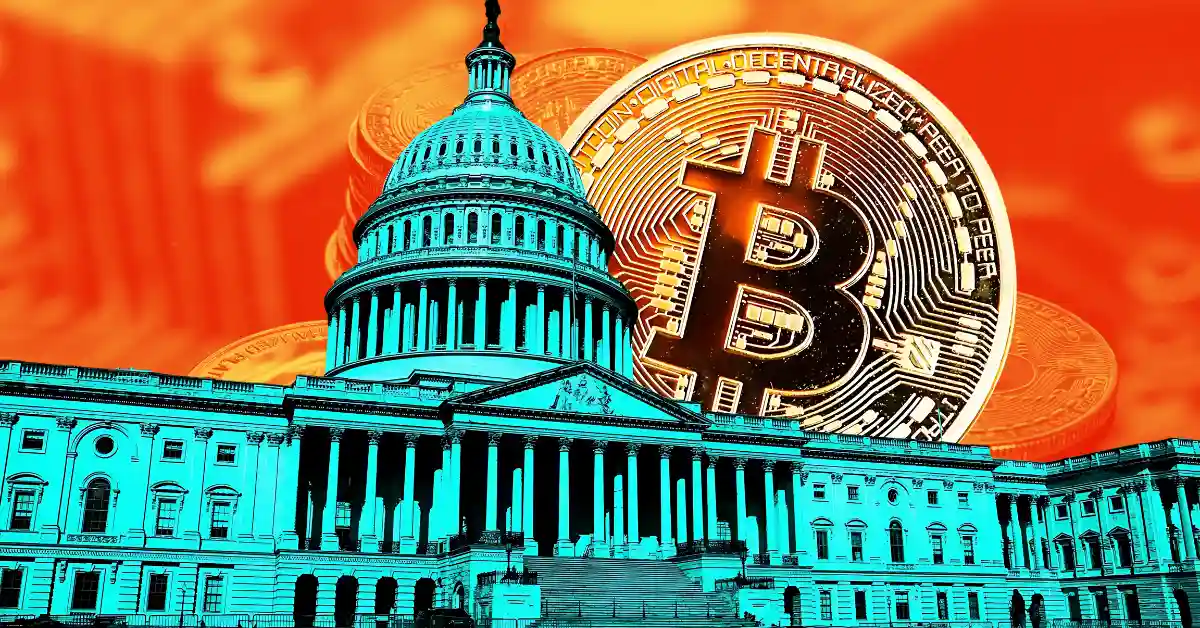
The regulatory landscape for cryptocurrencies in the United States is undergoing significant changes. Recent developments indicate that the U.S. Attorney’s Office in Manhattan is reallocating resources away from intense scrutiny of cryptocurrency crimes. This decision follows a series of notable convictions, including the high-profile case of FTX founder Sam Bankman-Fried. The shift signifies a new phase in how cryptocurrency-related offenses are prioritized by legal authorities.
Reduced Focus on Cryptocurrency Cases
Scott Hartman, co-chief of the securities and commodities task force at the Southern District of New York (SDNY), recently highlighted this strategic shift. On the heels of President-elect Donald Trump’s appointment of former U.S. SEC chair Jay Clayton as U.S. attorney, Hartman clarified the office’s stance on crypto-related prosecutions. While the SDNY remains vigilant, the number of prosecutors dedicated to these cases has decreased compared to the “crypto winter” of 2022, a time marked by a significant downturn in digital asset prices.
Speaking at a Practising Law Institute conference in New York, Hartman remarked, “You won’t see as much crypto stuff coming out of at least the SDNY in the future.” He emphasized that during the crypto winter, the office tackled numerous critical fraud cases. However, they now rely more on regulatory bodies like the SEC and the Commodity Futures Trading Commission (CFTC) to take the lead in this domain.
Regulatory Bodies Take the Lead
This reallocation of resources coincides with increased activity from key regulatory agencies. The SEC and CFTC have been proactively monitoring and enforcing crypto regulations, ensuring that the industry adheres to established legal frameworks. Their involvement underscores the importance of a coordinated approach to regulating the rapidly evolving cryptocurrency sector.
Gensler’s Stringent Regulatory Stance
In contrast to Jay Clayton’s tenure as SEC director from 2017 to 2021, the current SEC chair, Gary Gensler, has adopted a more stringent approach to regulating cryptocurrencies. While Clayton pursued some crypto-related cases, the industry was comparatively smaller at the time. Today, Gensler’s administration has faced criticism from the crypto community for its perceived hostility towards digital assets.
The crypto industry has been vocal in its support for policies that foster innovation and growth. Many executives within this space backed Trump’s campaign, hoping that Gensler’s departure might usher in a more favorable regulatory environment. A potential change in leadership could result in a significant transformation not only in U.S. regulations but also in global crypto policies.
Anticipating Changes in Crypto Regulations
As the crypto landscape continues to evolve, stakeholders await potential shifts in regulatory attitudes that could impact both domestic and international markets. The anticipation of a more balanced approach to crypto regulations reflects the industry’s hope for a framework that encourages innovation while safeguarding against fraud and other illicit activities.
In conclusion, the recent moves by the U.S. Attorney’s Office and the ongoing regulatory discourse highlight the dynamic nature of cryptocurrency oversight. As the sector matures, it remains crucial for regulatory authorities and industry participants to collaborate, ensuring a secure and thriving environment for digital asset innovation.






